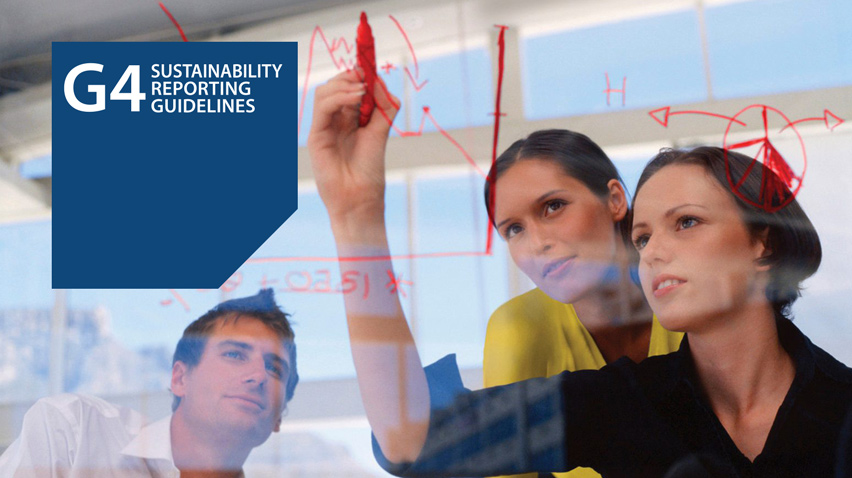Working in specialist areas

A hydropower generator has been installed as part of a pilot project to bring electricity to the indigenous Batak people. Palawan, the Philippines.
Some projects require specialist social performance expertise on topics such as indigenous peoples, cultural heritage or resettlement. (See Living by our principles). In these cases, our relevant specialists will support the project teams to interpret and apply local and international standards that protect community rights.
In Iraq’s Basra province, we were assessing potential sites for the proposed Nebras petrochemical complex. When our team visited an initially proposed site, we discovered a children’s cemetery that had not been documented. The proposed site was also used to access fishing grounds. These factors held significant weight in the final assessment of site options. As a result, an alternative site was identified as the preferred option for the project.
In some cases, our operations require temporary or permanent access to areas of land or sea where people are living or working. We first try to avoid the need to resettle people. In circumstances where this cannot be avoided, we work closely with local communities and governments to help people relocate and to restore their livelihoods. In some situations, even where physical relocation is not necessary, our operations may affect people’s livelihoods – for example, by limiting access to their land. In these cases, we will support people to restore or establish alternative livelihoods.
In Sichuan province, China, for example, we partnered with the non-governmental organisation, Mercy Corps, to assist 150 smallholder farmers who were affected by our operations. We worked with the farmers to help them improve their agricultural practices, manage their businesses better, and identify markets for selling their produce. In the early stages of the project, 83% of the farmers reported increased knowledge of farming techniques, while 40% had improved their agricultural practices or adopted new farming technologies.
Access to energy
Energy is crucial to economic and social development, and improves the livelihoods of people across the world. Globally, more than 1.1 billion people are without access to electricity – and a billion more only have access to unreliable and unsafe power networks. Nearly 3 billion people rely on solid fuels for cooking. For many in the world, better access to energy could help people out of poverty: it affects their health, education and their ability to earn a living.
At Shell, we apply our core business skills and technical resources to help enable access to energy for communities in regions where the need is great and we have a presence. In countries such as Iraq and Nigeria, we supply natural gas that was previously flared for domestic power generation. As part of our social investment programme, Shell Philippines, through the Pilipinas Shell Foundation, funded a micro-grid that uses hydropower and solar energy to power an indigenous village in Palawan, the Philippines. It provides the local Batak tribe with a constant supply of electricity.
The smoke emitted from traditional or inefficient cookstoves poses severe health risks. Shell is the largest private-sector partner of the Global Alliance for Clean Cookstoves, which works to encourage a global market for clean and efficient household cookstoves and fuels in developing countries. Shell offers both financial and in-kind support to the Alliance and its grant facility, the Spark Fund.
Road safety
The promotion of road safety awareness among people in local communities is another focus area of our social investment projects. In southern Iraq, for example, near our Majnoon operations, we work with the AMAR International Charitable Foundation to train local health staff and women safety volunteers to raise awareness among parents and children about road safety. We are also working with authorities in education, government and the police to set up road safety zones around primary schools and build speed bumps, new footpaths and warning signs.
We are a board member of the Global Road Safety Partnership (GRSP), a global alliance that brings together governments, civil society and businesses to improve road safety. Shell chairs the Global Road Safety Initiative, a private sector collaboration with GRSP that works to improve road safety in cities and communities. It operates in eight countries and its “Safe to School – Safe to Home” programme focuses on helping children to travel safely to and from school. (See more on our road safety work under Personal, process and transport safety).
